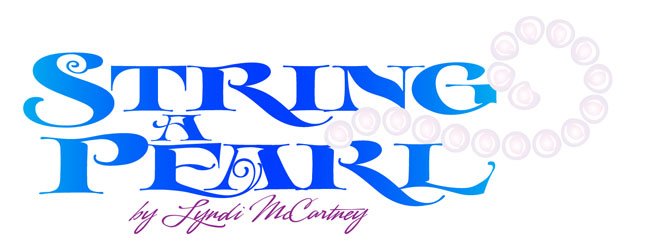There was a Scottish tradesman, a painter called Jack, who was very interested in making a pound where he could. So he often would thin down his paint to make it go a wee bit further. As it happened, he got away with this for some time.
Eventually the Presbyterian Church decided to do a big restoration job on one of their biggest churches. Jack put in a painting bid and because his price was so competitive, he got the job. And so he set to, with a right good will, erecting the trestles and putting up the planks, and buying the paint and...yes, I am sorry to say, thinning it down with the turpentine.
Well, Jack was up on the scaffolding, painting away, the job nearly done, when suddenly there was a horrendous clap of thunder. The sky opened and the rain poured down, washing the thin paint from all over the church and knocking Jack far off the scaffold to land on the lawn.
Now, Jack was no fool. He knew this was a judgment from the Almighty, so he fell on his knees and cried, "Oh, God! Forgive me! What should I do?"
And from the thunder, a mighty Voice spoke, "Repaint! Repaint! And thin no more!"
Ok, groan.... it's an old story but if you are continually tripping over the same problem you might consider a different approach. The tribal wisdom of the Dakota Indians, passed on from generation to generation, says that, "When you discover that you are riding a dead horse, the best strategy is to dismount." However, in government, education, and in corporate America
1. Buying a stronger whip.
2. Changing riders.
3. Appointing a committee to study the horse.
4. Arranging to visit other countries to see how other cultures ride dead horses.
5. Lowering the standards so that dead horses can be included.
6. Reclassifying the dead horse as living-impaired.
7. Hiring outside contractors to ride the dead horse.
8. Harnessing several dead horses together to increase speed.
9. Providing additional funding and/or training to increase dead horse's performance.
10. Doing a productivity study to see if lighter riders would improve the dead horse's performance.
11. Declaring that as the dead horse does not have to be fed, it is less costly, carries lower overhead and therefore contributes substantially more to the bottom line of the economy than do some other horses
12. Rewriting the expected performance requirements for all horses.
A pearl to string: Seems like God's Word gave us answers to problems before we ever encountered them. Why do you suppose that His wisdom is last on many lists? “For the wisdom of this world is foolishness to God” (1 Corinthians 3:19). but “The fear of God is the beginning of wisdom” (Proverbs 1:7).
Got problems?
Seek His wisdom,
Lyndi

No comments:
Post a Comment